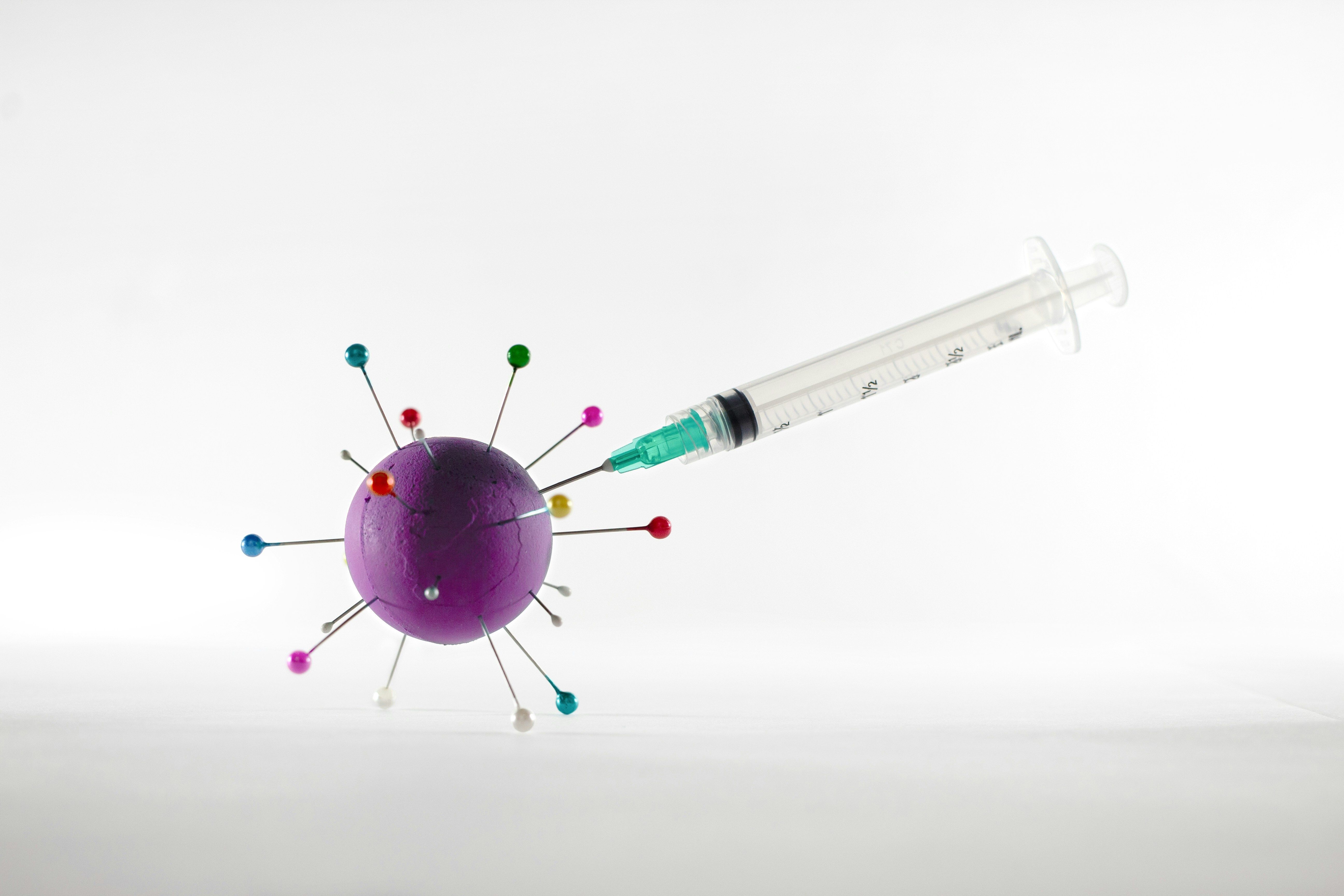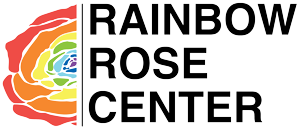
It can sometimes be challenging to measure the benefit of advances in Western Medicine, but in the case of immunizations, it can be hard to understate how many lives have been saved. August is National Immunization Month, which is a great time to make your "annual plan" to update your vaccines!
As we all just experienced with the COVID pandemic, the development and then distribution of vaccines can not only protect the immunized and save lives, but dramatically reduce spreading disease. In some cases, such as polio, vaccines have led to the near eradication of what have been in the past, massively devastating diseases.
Vaccines are so effective because they train our immune systems to recognize and attack a pathogen, without actually being exposed to the pathogen. In fact for most vaccines like the COVID vaccine, they are only a small part of the actual virus or bacteria, so are biologically unable to reproduce or spread. Vaccines contain unique or significant parts of a protein of a virus, and when our immune system sees that foreign protein, it starts a process of attack. At first, the attack is general, and we get the "immune system response" of tiredness, cough, slight fever. But over time, our immune system morphs and becomes more and more specific and targeted. Eventually after a week or two, our immune system has found a unique recipe for a strong immune reaction to the pathogen. The recipe for T-cells and antibodies is encoded into our immune system's memory, and is stored away. The immune memory is not permanent but it can last years or decades, so protect us for long periods after. So if we ever get infection, we may start to get sick, but the immune system has the recipe, and usually within a few hours or a day, it is already producing massive amounts of attacker cells and antibodies, and beating back the infection.
Vaccines don't completely prevent disease, but they give our immune system a practice round so that when we do get a disease, we can fight it off quickly.
Since the pathogens can't reproduce well during this infection, it is much less likely that we will spread the disease. That's a big part of why everyone getting vaccines is so important, especially to reduce the spread of infections that can cause serious disease or death.
Bottom line: vaccines use a molecular trick to exercise our immune system, which can make us feel a little sick but really strengthens our immune response. The net result is a healthy immune system that can fight off infections quickly, helping us to heal quickly if we get infected, and also helping us not to spread infectious diseases! Win Win!
